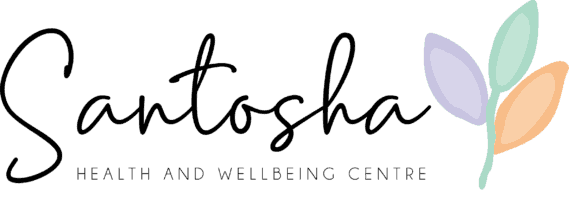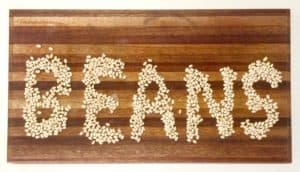Are you looking to reduce your meat consumption but would still like to keep your protein up? Or perhaps you just want to increase your protein to help reduce carbohydrates?
Whatever the reason, here is the information which is…
All you Need to Know about
Beans are loaded with a good source of protein. Although they don’t have as many amino acids as animal based foods, they do have more than other plant-based options. Beans have lots of iron, B group vitamins and fibre.
Protein is important as it is the building block of cells and tissues and important for many vital bodily functions. We should consume a range of protein sources to ensure we receive all essential amino acids. Essential amino acids are the ones we can’t manufacture ourselves.
Preparing Beans
The best way to cook beans with minimal impact on your digestive system (I mean less farts) is to soak them overnight.
Drain and rinse the beans then place them in a pot with about twice the water.
Bring to the boil and then reduce to a simmer until soft.
You can add all sorts of herbs and spices depending on personal taste. I recommend adding a couple of bay leaves to the boiling pot.
A small amount of salt is also good.
Combine with any recipe that calls for beans.
Add to salads, soups, stews, as a side dish, with your morning eggs, the options are endless!
Cooking times for 1 cup of beans:
- Cannellini 90-120 minutes
- Chick peas 120-180
- Kidney 60-90
- Lentils 30-45
- Navy 60-90
- Split peas 45-60
Other tips for cooking beans:
Chew thoroughly, this also helps with digestion
Fennel and cumin can help reduce wind
Experiment with different beans and different flavours
Apple cider vinegar can also help to soften the beans and help with digestion. Add a couple of teaspoons during the cooking process.

